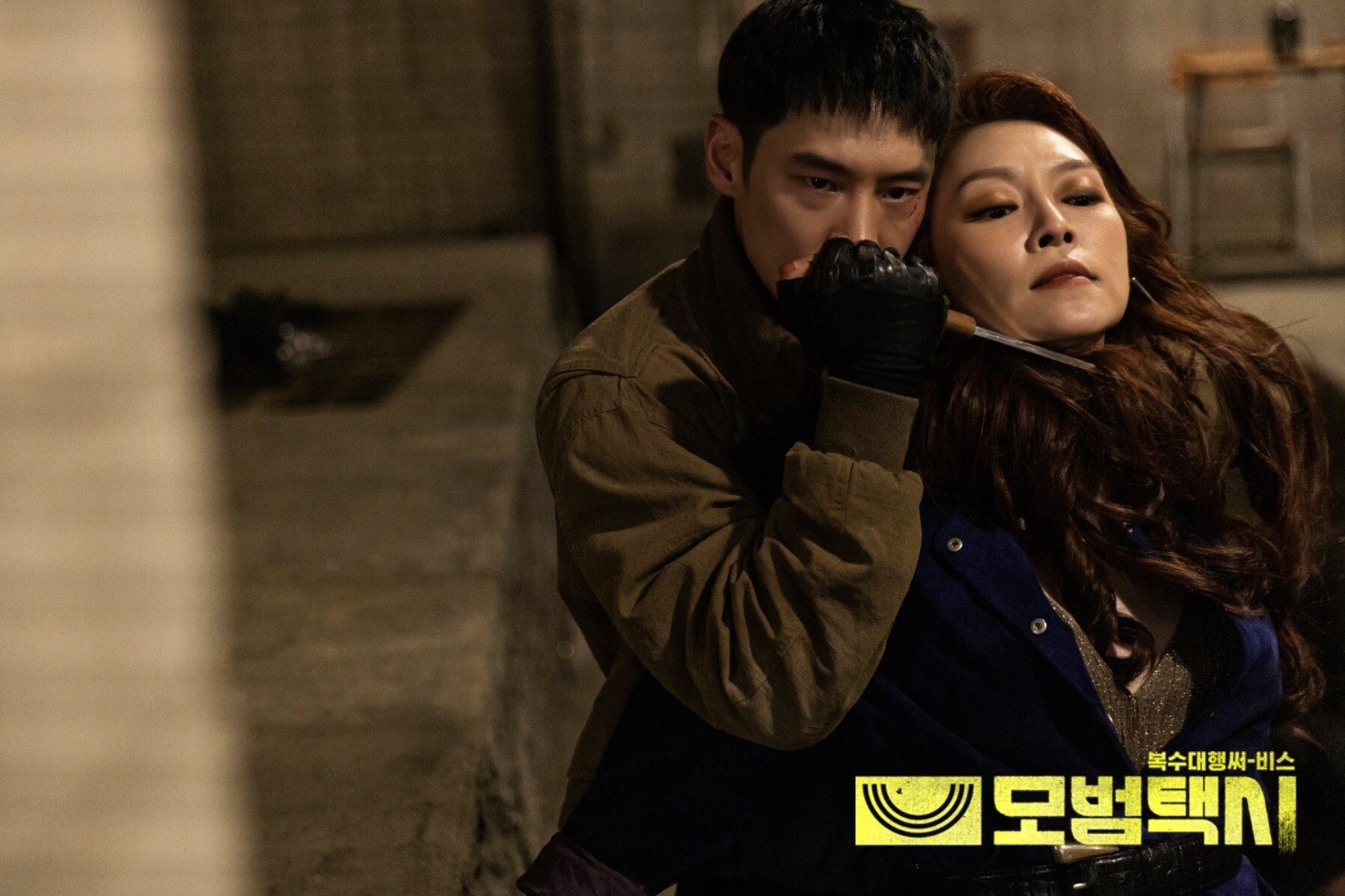

Throughout the beginning of the movie, Travis rails against the "filth" of the city streets and reviles the seedy, violent, law-breaking people whom he sees commit these acts of violence. He sees fights, a gang of young men throw eggs at his car, Iris get pulled out of his cab by her pimp, and theft and crime abound. When driving through the city, Travis is immersed in violence. Travis reflects this loneliness, and a desire for connection, even though he is ill-equipped to connect. Schrader stated that his loneliness had a profound effect on his life, causing him to spiral into depression. He has said that he wrote the script to reflect his feelings and experiences of trying to survive alone in the city.

When writing the film, Schrader was homeless and depressed. The themes of loneliness and alienation in this film come directly from the writer’s own experiences. Without a social world to keep him grounded or remind him what to live for, he spirals into his own myopic self-righteousness. Travis’ feelings of alienation are what cause his hatred of the city, and cause his spiral into vigilantism. Travis's extreme infatuation with Betsy, and negative reaction when she rejects him, shows how desperately he does not want to be alone. Travis is isolated and cut off from the world, a veteran who cannot sleep and simply wants to fill the hours of the day. When looking at his riders, he only does so through his rear-view mirror. Even when he speaks with people, he isn’t really holding a conversation, but rather ranting about his grievances. He rarely engages in real conversation with his riders.
#A TAXI DRIVER KOREAN FILM ANALYSIS WINDOWS#
Travis is isolated from the outside world, shielded from the city by the windows of his taxi. Buy Study Guide Loneliness and Alienation


 0 kommentar(er)
0 kommentar(er)
